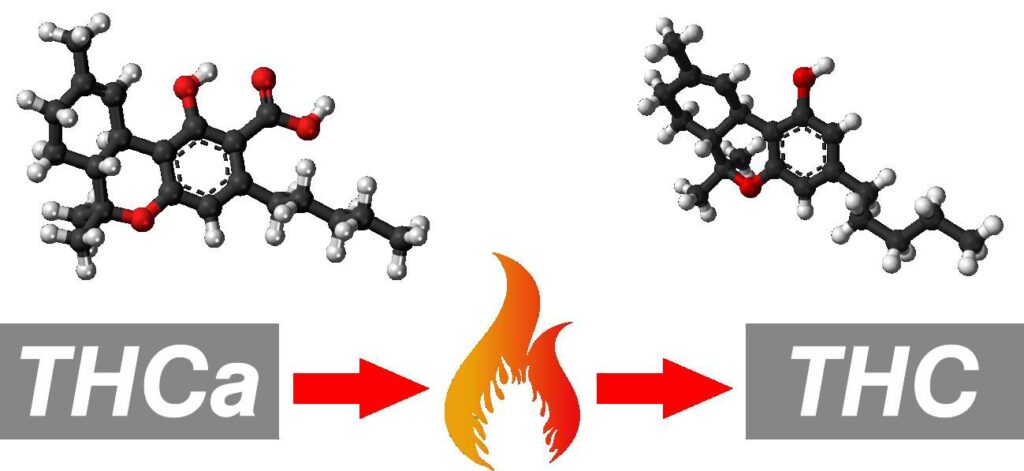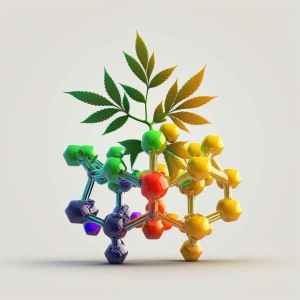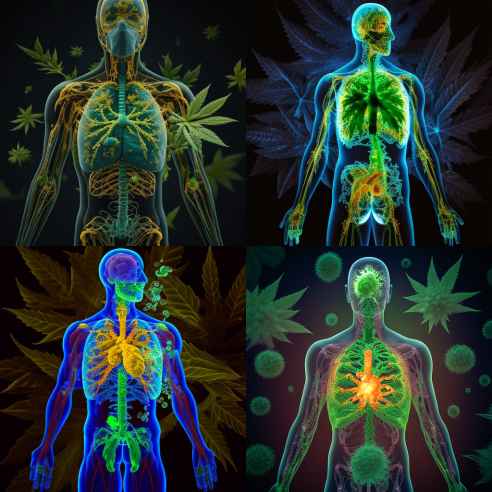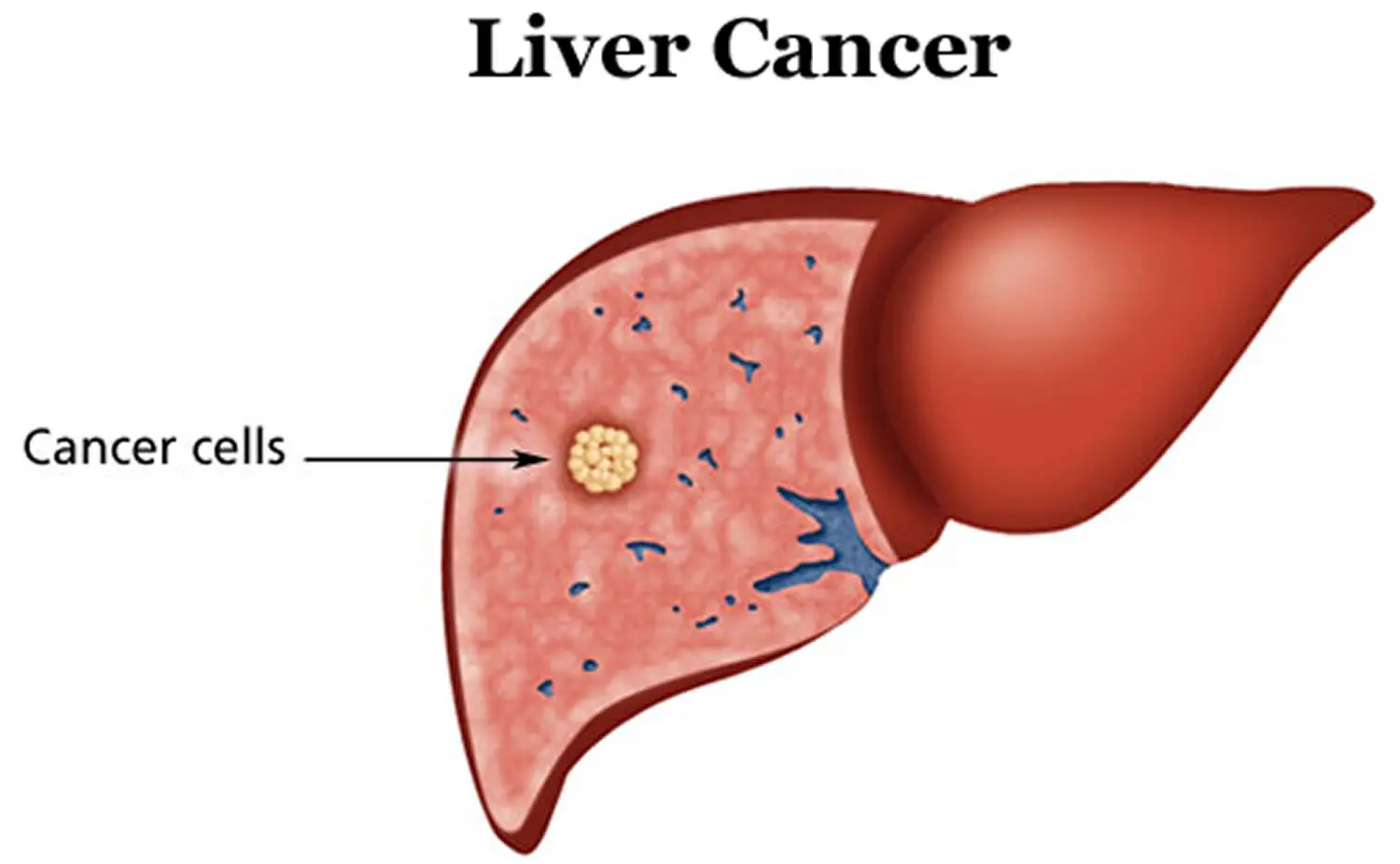
Thousands of people around the world have discovered the truly miraculous benefits of using cannabis oil to treat a variety of illnesses, and the use of FECO oil has certainly increased in South Africa. This has resulted in many new cannabis products which include hemp oil, or FECO.
FECO is an acronym that stands for Fully Extracted Cannabis Oil, called dagga oil in South Africa. Buy FECO oil South Africa here at our shop.
Creating FECO oil involves extracting compounds from the entire plant including leaves, buds and stems, which are then mixed with a carrier oil – typically olive oil or coconut oil. Phoenix Tears, the cannabis oil extract we create and sell, uses olive oil as the carrier in our tinctures. This oil can then be taken in dropper format. We use pure FECO oil in our suppositories.
“The Cannabis plant is special, and it’s special by accident. It just so happens that the cannabinoids that it produces mimic very well the endocannabinoids that our bodies produce.”
CBD oil contains only 1 cannabinoid – CBD (Cannabidiol), but FECO oil contains everything from the plant – including all the cannabinoids and terpenes commonly found in cannabis. Cannabinoids and Terpenes work together to produce a better medicinal effect than only taking one at a time is something known as the entourage effect.
The Cannabis plant is special, and it’s special by accident. It just so happens that the cannabinoids that it produces mimic very well the endocannabinoids that our bodies produce (endo means inside or within).
Our endocannabinoids are involved in regulating our immune systems, managing pain, managing inflammation and regulating our mood. And, in fighting cancer. It’s been shown that artificially blocking our endocannabinoid receptors results in suicidal thoughts, and even results cancerous tumor development. That’s how important cannabinoids are in our bodies.
Cannabis produces a wide variety of compounds known as cannabinoids, many of which have not been found in any other plant. How many exactly? It’s hard to say. You will often find people saying that there are dozens or even hundreds of cannabinoids, but it’s difficult to pinpoint the exact number and most are found in very small amounts, especially in commercial cannabis products, making them difficult for scientists to locate.
However, the point is that there are many. Let’s take a closer look at some of the key cannabinoids in cannabis products.
Cannabis does not directly produce the two most popular cannabinoids which are THC and CBD. It instead makes various cannabinoid acids – so we get THCa and CBDa (‘a’ is for acid). These cannabinoid acids are “activated” by heat to create the compounds that most consumers want (THC and CBD) – this is called decarboxylation. But besides THCa and CBDa, there are several related hemp acids that cannabis produces. There are:
CBGA (Cannabigerolic acid)
THCA (Δ9-tetrahydrocannabinolic acid)
CBDA (Cannabidiolic acid)
CBCA (Cannabichromenenic acid)
CBGVA (Cannabigerovarinic acid)
THCVA (Tetrahydrocanabivarinic acid)
CBDVA (Cannabidivarinic acid) CBCVA (Cannabichromevarinic acid)

The two most common cannabinoids that plants make are THCa and CBDa and the other cannabinoids are made in smaller quantities. In addition, there are an equal number of corresponding “V” compounds with slightly shorter chemical structures: Cannabigerovarinic acid (CBGVA) is the carboxylic acid precursor of cannabigerovarin (CBGV). In the case of CBGA, this carboxylic acid can transform into CBDA, THCA, or other acidic cannabinoid precursors depending on the enzymes to which it is exposed.
When cannabinoid acids are exposed to heat energy, they lose the “A” part and turn into neutral, rather than acidic, plant cannabinoids.

Most cannabinoids won’t give you the high that THC does.
THC is the only plant cannabinoid that we know of that certainly has a psychoactive component. There is some evidence that THCV also has a psychoactive effect, depending on the dose, but like most cannabinoids, THCV is rarely found in large quantities.
The presence of other cannabinoids however can affect THC’s effect on you. The best example of this comes from CBD. CBD will not get you high by itself, but it can affect exactly how THC affects you because it affects how THC interacts with the CB1 receptors in the endocannabinoid system.
THCV can also affect the effectiveness of THC. At relatively low doses, THCV appears to reduce the ability of THC to activate CB1 receptors such as CBD. However, at relatively high doses, THCV may begin to activate CB1 receptors such as THC.
The exact dose you take can have a significant impact on the effect of the substance on you. However, THCV and other lesser-known cannabinoids are not well studied because they are generally not abundant in cannabis. We still need to know more about the impact on people.
Another plant cannabinoid you may have heard of is cannabinol (CBN). This is another example of a plant cannabinoid that is not directly synthesized by cannabis. Instead, CBN is a degradation product of THC. This is why old flower products have a high CBN content, especially if not properly stored. Over time, and exposure to oxygen, THC is gradually broken down into CBN.
CBN has been shown to provide greater sedative effects in combination with THC and may also have anticonvulsant, anti-inflammatory and antibiotic effects. However, this is another example of a not-well-studied cannabinoid, and more work needs to be done before knowing its exact effect.
Fully extracted cannabis oil also contains terpenes. Terpenes are what give cannabis it’s distinctive smell, and they also have powerful medicinal properties.
Each and every strain of weed has a distinctive smell, which means that each and every strain of weed has a different terpene profile.
Making FECO oil from Durban Poisen for example, which is a South African landrace strain (landrace means it’s originates locally) means that there will be Terpinolene, Ocimene, Myrcene and Caryophyllene as the dominant terpenes in the FECO oil.
Common side effects of cannabis are psychological effects such as drowsiness, dizziness, euphoria and dry mouth. It should be noted that experiencing it for the first time can be overwhelming if one has never been “high”.
Some patients experience anxiety when they first experience psychoactive effects, but, it’s just a medicine that works on your body. As already mentioned, you develop tolerance to psychoactive effects as soon as you use cannabis oil more often.
The best suggestion is to take the oil with food in the evening and relax the rest of the night until you go to bed, to reduce your exposure to psychological effects. However, patients report rapid development of tolerance to so-called side effects.
It is also important to note that withdrawal symptoms are of little concern in the therapeutic use of cannabinoids.
Patients taking very high doses may find that they need much more sleep. This is a good sign that the compounds are working and helping the body during the healing process. Rest is always best for your body when you try to heal yourself!
Patients with high blood pressure should monitor their blood pressure when they start using cannabis oil. FECO oil can cause a decrease in blood pressure, which requires the release of symptomatic BP drugs.
In general, every patient is a different individual, from weight to illness, lifestyle, exercise, habits, tolerance! All of these factors affect how cannabis is administered. Everyone has a dose that suits them and their lifestyle, Whether you want a maintenance dose for example, treatment of pain, or another condition, each patient must decide which dose is best for him or her.
The final product is exactly the same – FECO oil and RSO contain the same compounds. The difference is in the solvent used to do the extraction – and this really depends on personal preference, what solvents are available etc.
In the extraction process, the FECO oil producer uses a solvent to separate the resin from the plant material. Most solvents used to make FECO are ethyl (grain) alcohols.
What’s most important regardless of which solvent is used is that the solvent must be completely evaporated before declaring the process complete. Great care must be taken to ensure the remaining oil is 100% solvent free.
Phoenix Tears is a feco oil – Full Extract Cannabis Oil. At Cannabis Oil South Africa we ensure that 100% of the solvent is completely removed and we have a special process to do this.
We mix the FECO oil with Olive Oil as a carrier oil – this makes dosing much easier and the olive oil also helps with absorption. Concentrated RSO or full extract oil is extremely potent and it’s very easy to over-do it.
FECO Oil South Africa. Cannabis Oil South Africa sells FECO oil – Phoenix Tears Cannabis Oil in dropper format, pure Rick Simpson Oil, or in Cannabis Oil Suppository format. Cannabis oil is also called Dagga Oil, feco or THC Oil locally in South Africa (also dagga olie). Phoenix Tears is commonly misspelt Fenix Tears.
Based in Parktown North, delivery is nation-wide including to Johannesburg, Cape Town and Durban. Click here for our shop.


























Feco oil (Fully Extract Cannabis Oil) has been used by researchers to reduce epileptic seizure frequency in kids by 86 percent, as published in a new

Tetrahydrocannabinol (THC) is a chemical compound found in cannabis plants. It is the primary psychoactive ingredient, meaning it is responsible for producing the “high” associated with cannabis.

THC Oil South Africa – finding the best cannabis oil that suits your needs. At Cannabis Oil South Africa we produce a consistent, quality cannabis

Rick Simpson Oil (RSO) is an oil-based cannabis therapy, developed by Rick Simpson in 2003. RSO is made from a variety of cannabis plants and